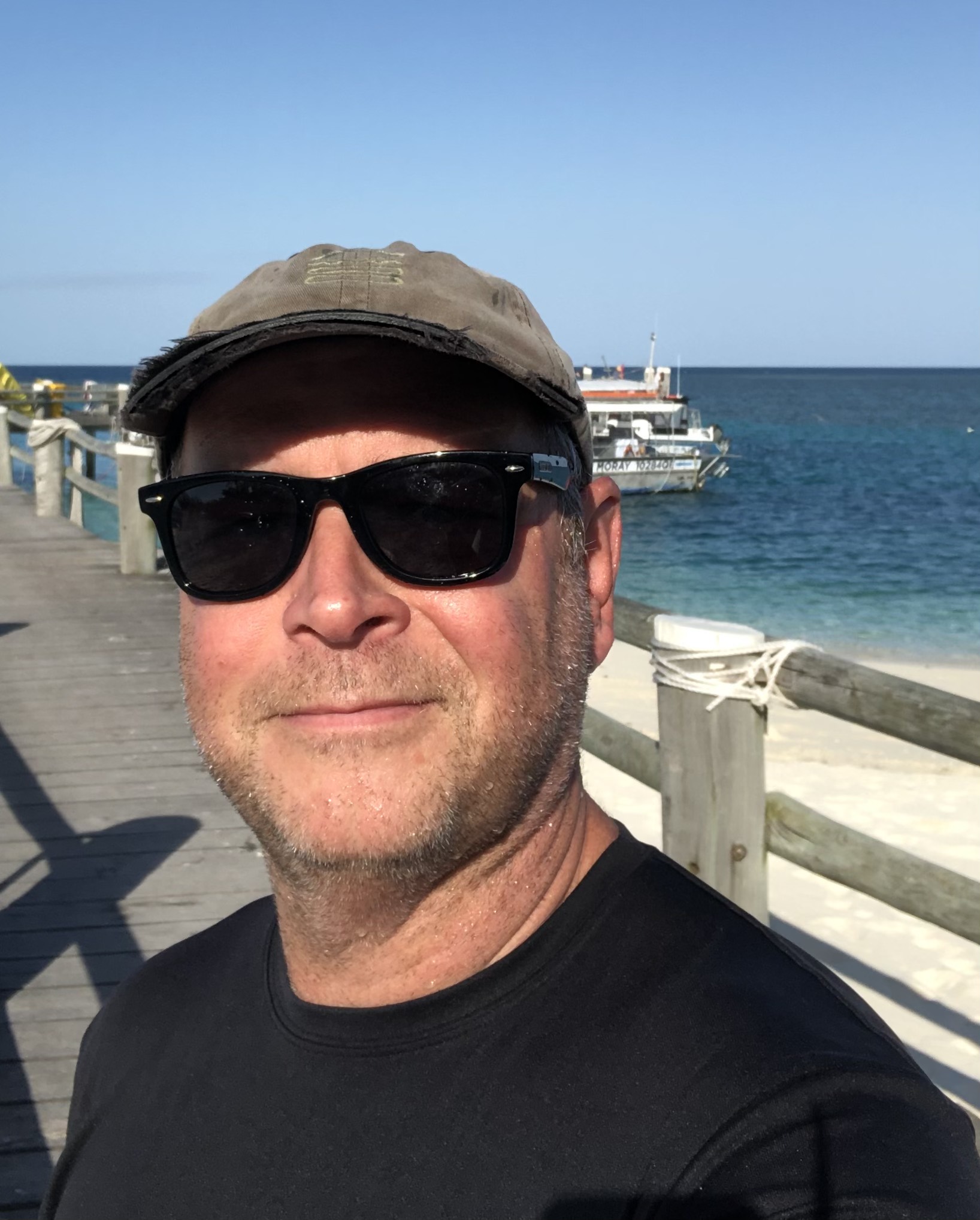Cataloguing and mapping cumulative human impacts on marine biological and functional diversity to inform conservation management

PHD DISSERTATION DEFENSE
Advisor: Benjamin S. Halpern
Committee: Halley Froehlich, Christopher Costello
This defense will be presented in person. Join us in Bren Hall 1414 or watch online using this link and passcode mapping
ABSTRACT
Humans are an integral part of marine ecosystems, for centuries deriving great benefit from the oceans in terms of food, natural resources, employment, recreation, and cultural value. Our activities on the oceans and on land increasingly threaten the health and resilience of the biodiverse ecosystems that generate these services. To meet the needs of people while maintaining healthy oceans, we must understand our current and future impacts on marine ecosystems to inform socially, economically, and ecologically effective conservation strategies.
The first chapter of my dissertation catalogs a broad suite of anthropogenic stressors, considering the current impacts, near term trends, and uncertainty to inform future investment in primary research to reduce uncertainty and investment in design of management strategies and institutions to reduce impacts. My second chapter leverages species-specific threat information from IUCN Red List assessments to map impacts on ranges of 1,271 threatened and near-threatened species. We found that on average, these at-risk species experience impacts across half their native ranges, and over the decade spanning 2003-2013, these impacts generally expanded in scope and increased in intensity. My third chapter incorporates a trait-based framework to estimate species vulnerability to anthropogenic stressors to allow for mapping of impacts across the ranges of more than 21,000 species. We examined the spatial distribution of impacts on species vulnerable functional groups to identify priorities for area-based conservation and opportunities for targeted sector-based management. Finally, I examine the potential for the use of trait and stressor data in machine-learning (ML) models to predict species conservation status. Such predictions inherently include uncertainty that could drive poor conservation decisions. I develop a value of information framework to conceptually explore the value of new data to reduce uncertainty, relative to the quality of conservation decisions that may result.
Fundamentally, conservation is about preserving a relationship between humans and nature, whether instrumental, cultural, or existence value. While the methods and data I present in my dissertation can provide valuable guidance toward identifying conservation priorities, they must be coupled with understandings of the social, economic, and cultural needs of the people most affected by management decisions to ensure the greatest benefits from conservation action. This is an area I intend to explore throughout my conservation career.
BIO
Casey O’Hara is a PhD candidate studying human impacts on marine biodiversity. He holds degrees in mechanical engineering from Stanford and a California teaching credential from San Francisco State. Prior to enrolling in the Bren MESM program in 2012, he had been teaching introductory freshman science, honors and AP physics, and green technology engineering at a public high school in the San Francisco Bay Area.
After completing his MESM degree in 2014, Casey worked with the Ocean Health Index team led by Dr. Benjamin Halpern, applying data science to communicate the range of benefits people can sustainably derive from healthy oceans, including nutritious food and food security, jobs and livelihoods, recreational opportunities, and cultural value. However, our activities on land and in the ocean, and the stressors generated by those activities, impose impacts on marine biodiversity, threatening the delivery of those benefits. Casey’s current research applies marine ecology and data science to quantify where, how, and to what degree anthropogenic stressors threaten marine biodiversity and ecosystem function, to promote effective and equitable conservation management that simultaneously benefits developing communities and the environment.
After earning his PhD, Casey looks forward to teaching data science courses in the MESM and MEDS programs and pursuing further conservation research through a post-doctoral fellowship at NCEAS.